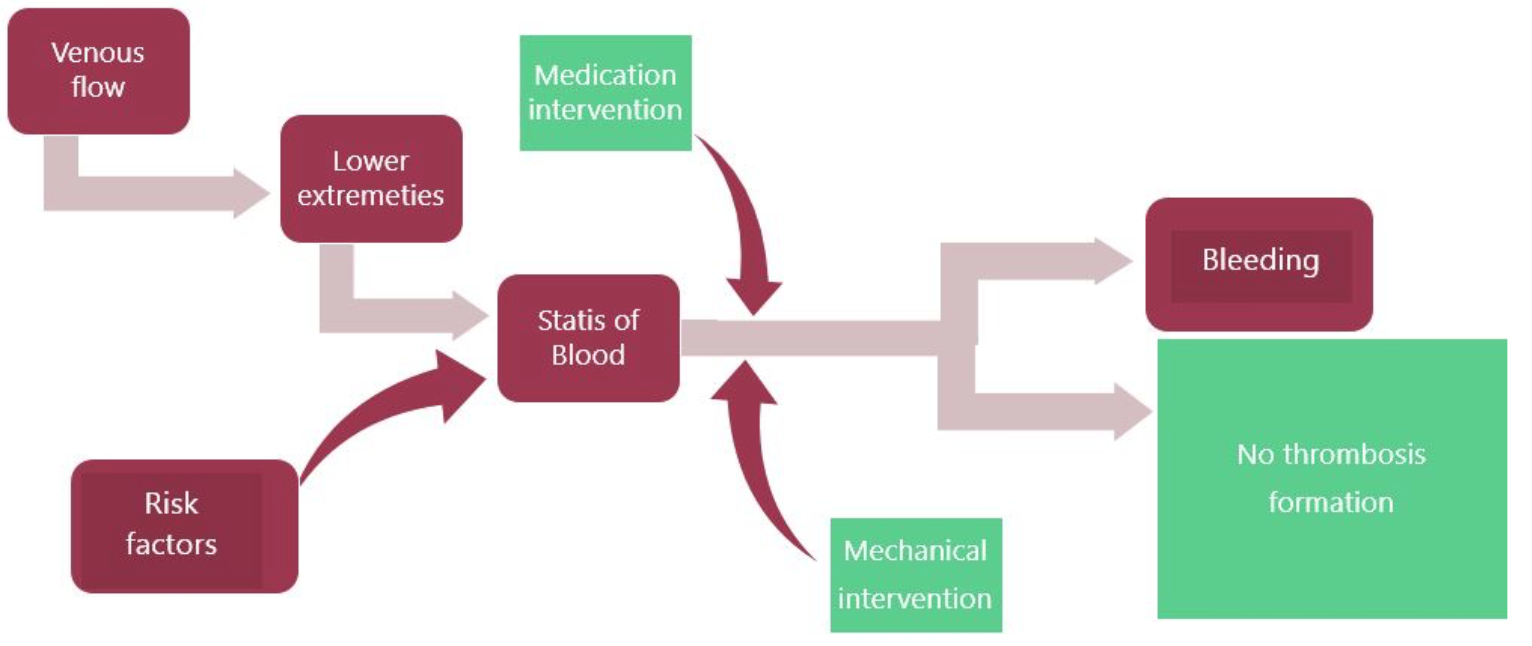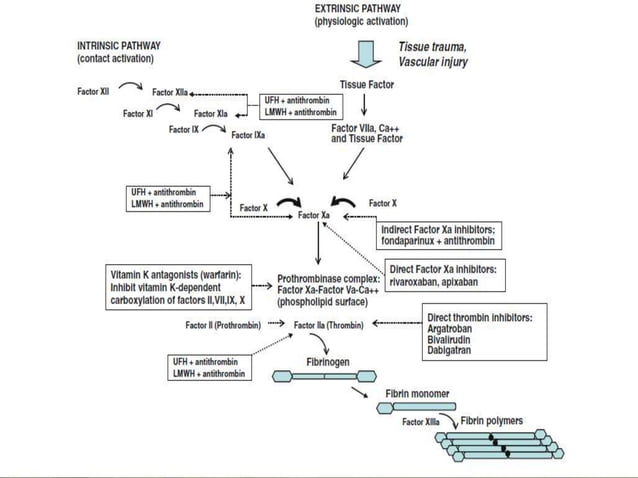Key terms include … · this article delves into the nuances of post-ich anticoagulation in af, exploring current guidelines, emerging evidence, and practical approaches. Intracranial hemorrhage (ich) is considered a potentially severe complication of oral anticoagulants (oacs) and antiplatelet therapy (apt). · the most common indication for anticoagulation treatment before the onset of ich was atrial fibrillation (34. 7%–77. 8%), followed by prosthetic heart valve (2. 6%–27. 8%), venous thromboembolism (7. 9%–20. 8%), and previous ischemic stroke (3. 7%–71. 8%). · the optimal management of oral anticoagulant (oac) therapy in patients with atrial fibrillation (af) after intracerebral hemorrhage (ich) remains uncertain. · this study by wu et al 4 represents a significant contribution to the evolving understanding of post-ich anticoagulation in patients with af. · new meta-analysis finds oral anticoagulants reduce net adverse events in patients with atrial fibrillation after intracranial hemorrhage but with a higher risk for recurrent intracranial. Although recent … We summarize the existing evidence on the potential benefit of oral anticoagulation (oac) in intracerebral hemorrhage (ich) survivors with nonvalvular atrial fibrillation (nvaf). The european stroke initiative recommends that patients with a strong indication for anticoagulation, such as a history of embolic stroke with atrial fibrillation, should be restarted on … By showing the safety and … Patients with atrial fibrillation (af) who survived ich present both an increased ischemic and bleeding risk.
Anticoagulants And Afib Post Ich A Roadmap To Recovery
Key terms include … · this article delves into the nuances of post-ich anticoagulation in af, exploring current guidelines, emerging evidence, and practical approaches. Intracranial...




